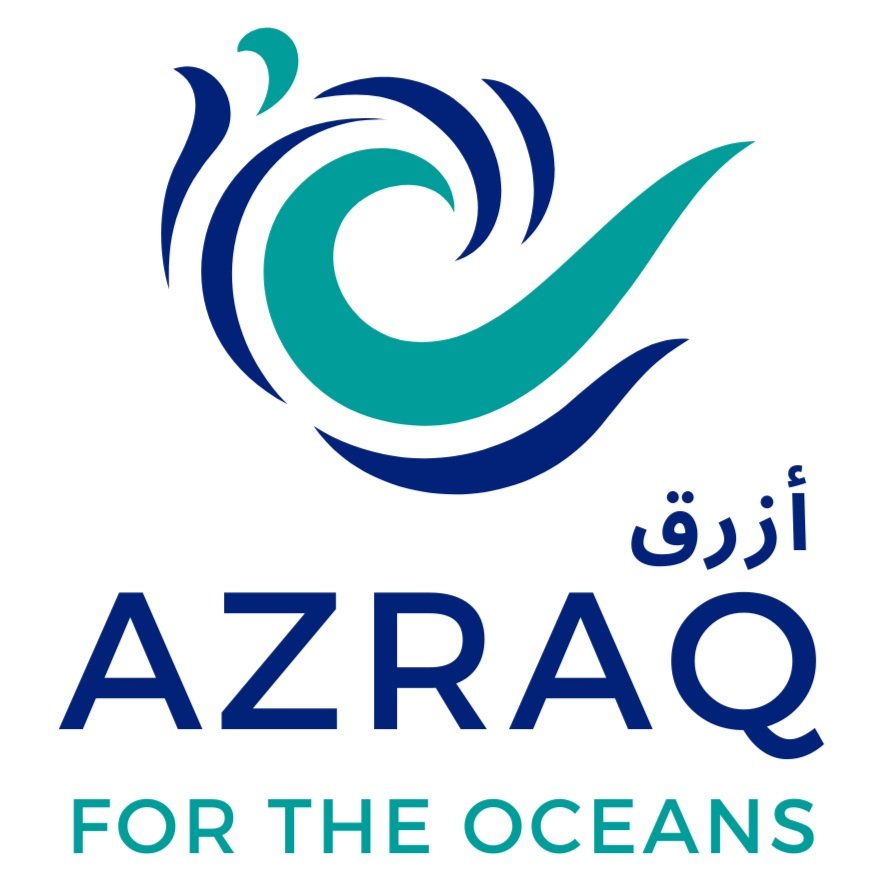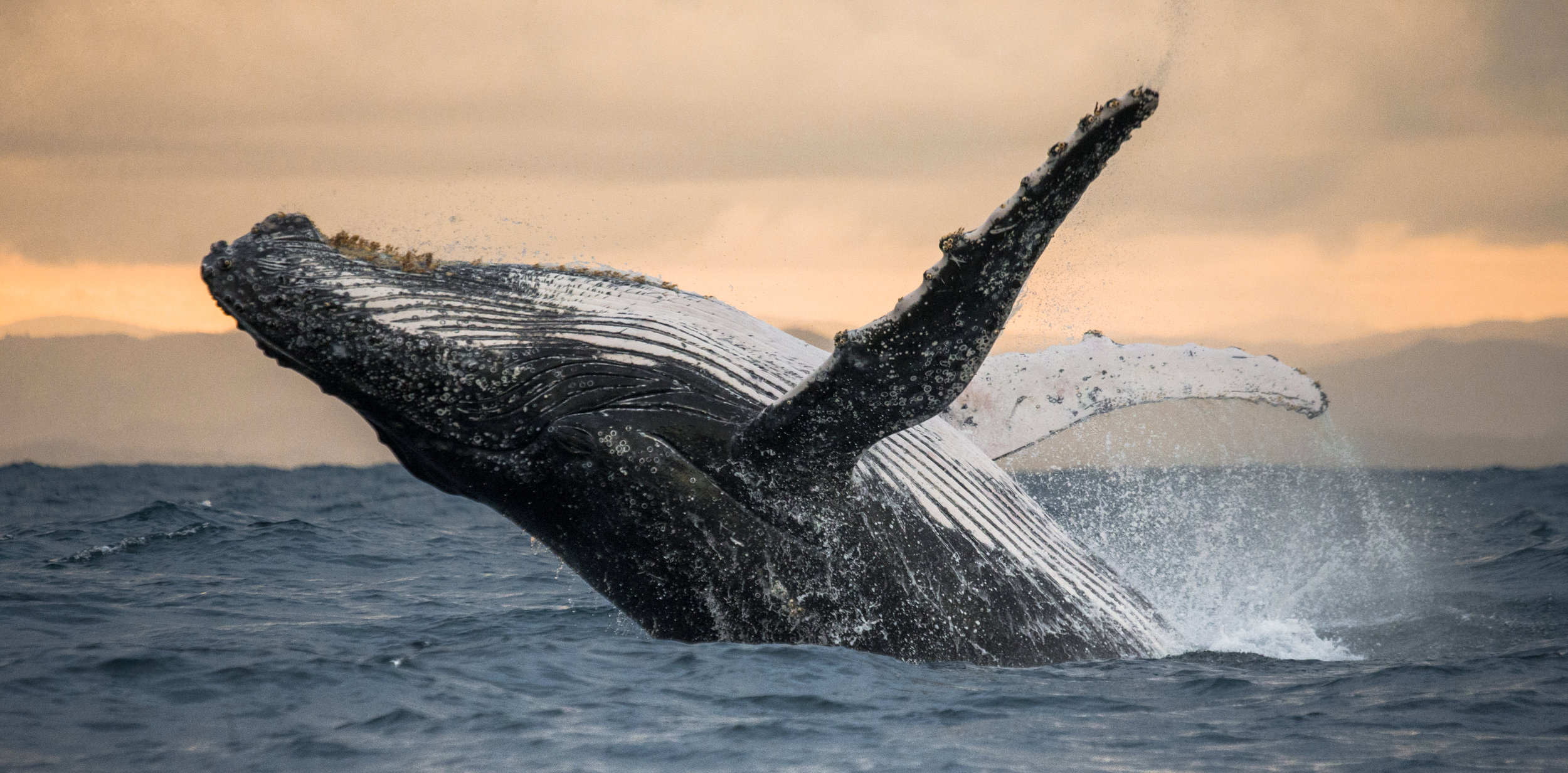IT is not often a restaurant owner admits – in public at least – that his business “sucks”. But that is just what Ian Ohan, founder and CEO of Freedom Pizza, did in a recent blog post.
He was talking about the company’s (over)use of straws – and the potential environmental damage they were causing. “We literally suck,” he wrote.
“My family and I order from Freedom pretty regularly,” he explains to Friday. “And I realised, over the space of a few months, we’d acquired a draw full of plastic cutlery and straws that we never used. And I started wondering, as a company, how many of these packs were we sending out?”
He ran some calculations and found the figure: almost 500,000 every year.
“I was horrified,” says the 44-year-old of Arabian Ranches. “I can’t even visualise what half a million straws looks like. But the environmental impact of all that plastic waste – weather it goes to landfill or ends up in the sea – is shocking to even contemplate. And I had this moment where I just thought, ‘I’m personally helping destroy our oceans – just to give people straws’.”
So, Ian, who founded the chain in 2015, took action.
He immediately stopped his nine restaurants – spread across Dubai, Sharjah and Abu Dhabi – from giving away the plastic implements. Instead customers could opt in for biodegradable cutlery that they would have to pay extra for. Precisely 98 per cent of diners now go without it.
“It was such an easy environmental win for us,” he says. “It was a no-brainer.”
And yet, as it turns out, it may be a little more than that too. For this single strawless policy at a single pizza chain is, it seems, now sparking something of a quiet UAE eco-revolution…
THERE are no current numbers for how many plastic straws are used – and thrown out – in the UAE. But, suffice to say, it’s a lot.
In the US, a country with a population of 325 million, some 500 million of them are used every single day. Experts say the figure here will likely be greater per head because of the sheer popularity of dining out, after-work drinks and takeaway food. “Giving away straws is endemic in all of that,” says Ian.
This is bad because plastic is a toxic and destructive environmental force.
When dumped in landfill it takes up vast quantities of space because, as a material, it does not begin to decompose for decades: plastic buried in the ground will still be there in hundreds of years’ time. But it is when the stuff finds its way into the sea – through illegal dumping, poor waste management systems or coastal littering – that it is perhaps at its most problematic.
“This waste is often mistaken for food by marine animals,” explains Marina Antonopoulou, marine programme leader with Emirates Wildlife Society. “High concentrations of plastic material have been found in the breathing passages and stomachs of fish, sea birds and turtles, essentially suffocating or poisoning them. Floating plastic debris can also get entangled with marine species causing them to drown.”
Such pollution is increasingly becoming a danger to human life too. As smaller plastic particles are eaten by fish and accumulate in their tissue, so such particles find their way into our food our chain and our bodies.
All of which is particularly troublesome for a coastal country such as the UAE. A healthy marine ecosystem here is vital for everything from encouraging tourism and leisure (and, thus, building a strong and diverse economy) to a good diet and scientific research. “The links between a healthy sea and the UAE’s health as a country are explicit,” adds Marina.
Indeed, it is perhaps for these reasons that, on International Volunteer Day in December, Sheikh Hamdan Bin Mohammed Bin Rashid Al Maktoum, Crown Prince of Dubai, spent time helping to clean the Arabian Gulf near Dubai Marina.
“Making a difference to the environment starts with the small changes we make in our everyday lives,” he said at the time. “The activity conducted today not only raises awareness about the importance of preserving the environment but also effectively marries our vision for environmental volunteering and the country’s efforts in this space.”
Together with a team of diving experts and child volunteers, he personally helped clear several bags worth of rubbish.
“That was a very important message,” says Ian again today. “There’s no doubt Freedom took inspiration from that. It made us realise that changing the company’s behaviour in just a small way could make a big difference. I love the UAE – I’m Canadian but I’ve lived here 20 years now – and I love its coast and its seas. So not trying to reduce pollution wasn’t an option anymore.”
PERHAPS inspired by this very thought, Ian decided not just to ban plastic straws in his own chain – but lay down the gauntlet to the industry here as a whole.
He dared other UAE restaurants to do the same. Inspired by a similar campaign in the US – called Strawless Ocean, which encourages American firms to eliminate plastic waste – he called for similar action from his peers.
“Imagine if every food and delivery company in the UAE accepted this challenge,” he wrote in that blog post in February. “Imagine what that would mean for harmful plastic waste to our precious environment. We now officially extend our challenge to our peers. We will stop sucking. The question is…will you?”
If calling out the industry seemed like a bold move, he says he never had any doubts he was doing the right thing.
“Not having a plastic straw doesn’t impact on the customer experience for the vast majority of people,” he says today. “So why have them? It’s just habit. What we’ve found is that customers are not only okay with this move, they positively support us. They want to do their bit too.”
Now, other companies are accepting the challenge and starting to follow suit.
Gates Hospitality is one of them.
It has announced that seven of its restaurants – Bistro Des Arts in Dubai Marina, Publique and Folly in Souk Madinat, Reform Social & Grill in Lakes, Ultra Brasserie and Via Veneto in Downtown and The Black Lion on Sheikh Zayed Road – will stop automatically offering straws to drinkers and diners in April. The new policy will mean that only customers who specifically request one – now made from biodegradable material – will be given them. Bosses predict it will save 81,000 straws annually.
“It’s not an altogether easy change to make,” says CEO Naim Maadad. “It can be a painful internal conversation for a company to have because when you move from plastic to biodegradable, the cost is a 300 per cent increase so it can hit, financially, as a business.
“But we owe this to the world and to our future. We wanted to turn up the volume on this message that using plastic, unnecessarily, is doing damage to our seas and our environment. So we were prepared to respond to the Freedom challenge and implement this.”
He even reckons it might eventually become a legal requirement in the UAE.
“I see no reason why plastic straws shouldn’t be banned altogether,” he says. “The market and the customers are both ready. For restaurants that do keep offering plastic, I don’t think that will be approved of by diners as we move forward.”
Indeed, talking of the future, it seems likely that the campaign will soon spread far beyond just restaurants.
In the US and much of Europe, shops are no longer allowed to give away plastic bags free, a move which analysts say may be introduced here in the future. Plastic-free aisles in supermarkets, and reduction of plastic use in bottled water have both been mooted. Increasing the use of recyclable bamboo coffee cups is possibly the next battle ground after that.
“Individuals can make a lifestyle change too,” says Marina. “We should all try to recycle more, drink from reusable bottles and leave no waste at the places we spend time such as the beach or desert.”
The message, it seems, is that from such small steps, big changes come.
Back with Ian, he is delighted at the way his challenge has been responded to. He’s now planning for Freedom to go even further – by ceasing use of paper advertising fliers, reducing take-away packaging and testing electrical vehicles.
“I have three children and I want to leave them – and their generation – a planet that is in a better state than when we found it,” he says. “I believe that’s something we should all keep in mind as a society. If we all do our bit, the differences we make can be huge.”

